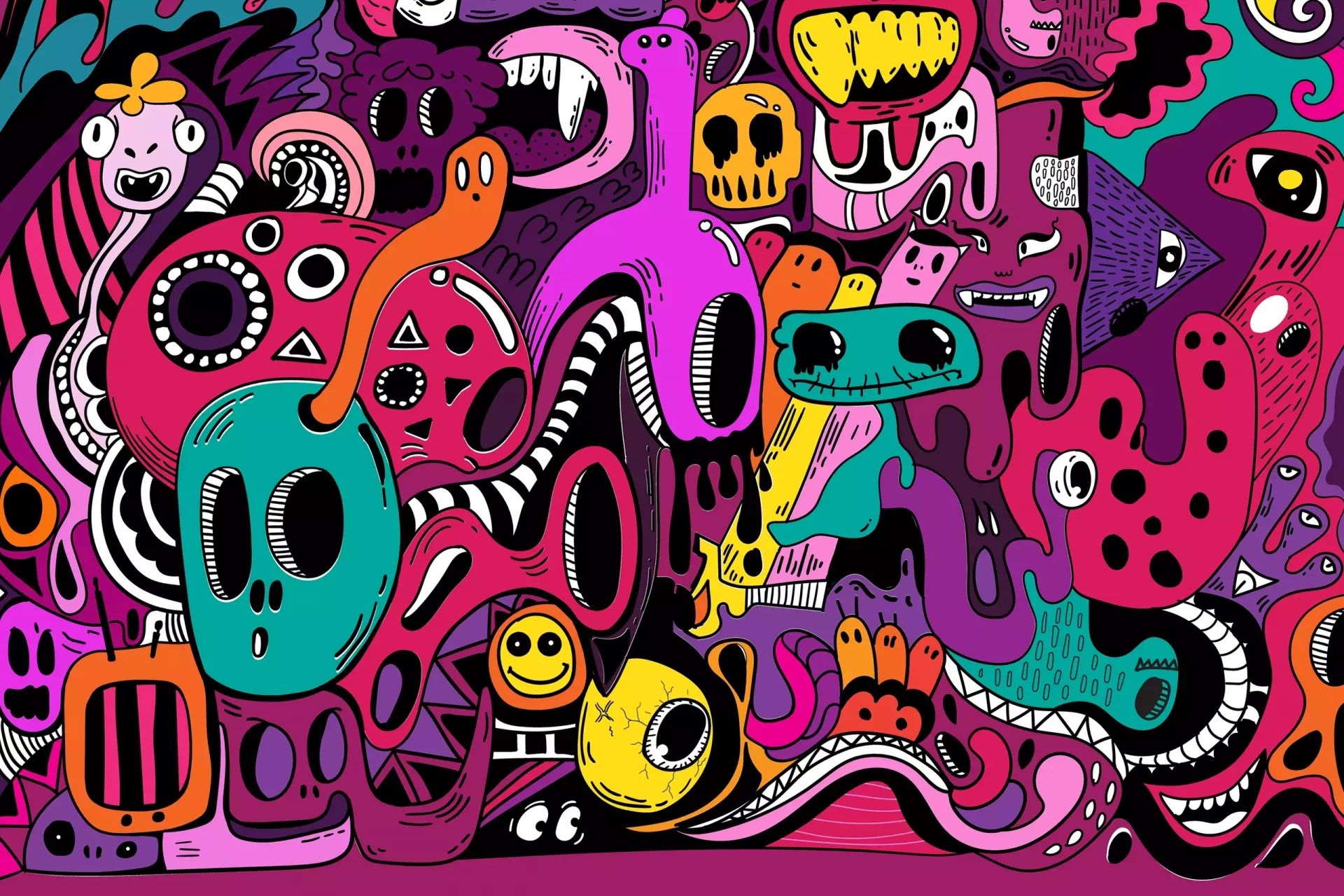Introduction to Demure
The term “demure” traditionally refers to a reserved, modest, or shy demeanor. Originating from the Latin word “demutare,” which means to lower or humble oneself, the word has evolved over the years, especially in contemporary slang. Today, “demure” often carries nuanced implications in the realms of fashion, social media, and interpersonal interactions. This article will explore the modern slang definition of “demure,” provide examples of its usage, and discuss its implications in popular culture.
Modern Definition of Demure in Slang
In current slang, “demure” can refer to someone (often a young woman) who projects an innocent, modest, and somewhat coy image. It can imply that the individual is aware of their appeal but chooses to present themselves in a subtle and understated manner. This can be particularly seen in the way some social media influencers or celebrities portray themselves.
Examples of Demure Slang in Pop Culture
- Fashion Trends: The demure look is often characterized by vintage or modest clothing styles. For instance, high-neck dresses, pastel colors, and layered outfits can embody a demure aesthetic. Influencers on platforms like Instagram or TikTok often adopt this style, sharing outfit posts tagged with #demure or #modestfashion.
- Social Media Behavior: In the realm of social media, someone who interacts with their followers in a soft-spoken or polite manner may be described as demure. They might share personal stories, but do so with a sense of restraint and modesty.
- Celebrity Examples: Celebrities like Emma Watson or Dakota Fanning often embody a demure presence in public. Their fashion choices and public speaking style promote a persona that aligns with the traditional meaning of “demure” while also appealing to contemporary tastes.
Case Studies: Demure in Action
To better understand the modern employ of the term “demure,” let’s explore a few case studies that highlight how it manifests in various contexts.
- Case Study 1: The Rise of Modest Fashion: A recent fashion trend has gained traction, with brands focusing on demure styles that cater to individuals who prefer modesty without sacrificing style. Companies like Aakasha and ModCloth have reported a rise in demand for clothing that reflects this aesthetic, demonstrating the commercial viability of the demure brand.
- Case Study 2: Influencer Marketing: Many influencers project a demure image to connect with audiences seeking authenticity. For example, Anna Saccone-Joly, a YouTube personality, presents a relatable, modest lifestyle that resonates with her followers, amplifying her reach and engagement.
- Case Study 3: Film and Media Representation: Films often portray demure characters as the moral compass or romantic lead, showcasing traits of kindness and humility. Characters like Ann Perkins from “Parks and Recreation” or Sam from “Perks of Being a Wallflower” encapsulate the blend of demure traits with modern complexity.
Statistics: The Popularity of Demure in Slang
To shed light on the prominence of the term “demure” in slang and social contexts, consider the following statistics:
- According to a survey conducted by The Modesty Project, 67% of women prefer fashion choices that balance modesty with style.
- A study by Social Media Insights found that posts tagged with #demure received 50% more engagement compared to the average hashtag related to fashion.
- Market research from the fashion industry has shown an exponential growth of 30% in modest fashion sales over the last five years, indicating a growing acceptance of the demure aesthetic.
Conclusion: The Evolving Nature of Demure
In conclusion, the modern slang definition of “demure” encapsulates more than mere shyness or restraint; it represents a conscious choice in presentation, lifestyle, and interactions. As societal norms around modesty and femininity evolve, so too does our understanding of terms like “demure” in mainstream culture. From fashion to social media behavior, the essence of being demure urges an exploration of modest elegance, empowering individuals to embrace their unique identities.


